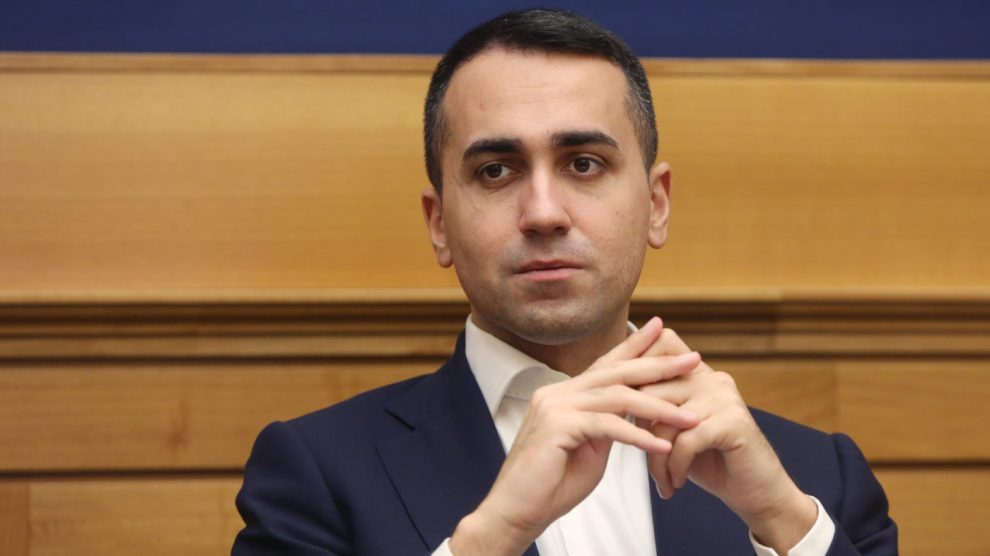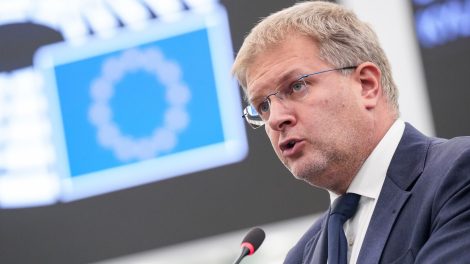Luigi Di Maio’s nomination. “On Sunday, the former Italian Foreign Minister was indicated by the European Union’s High Representative for Foreign Affairs, Josep Borrell, as his pick to become the EU’s Special Envoy for the Gulf region.
- “After careful consideration, I consider Luigi Di Maio the most suitable candidate,” wrote Mr Borrell in a letter sent out to member States, noting that as a former Italian FM, he “has the necessary political profile at the international level for this role.”
- Mr Di Maio’s “extensive contacts with Gulf countries will allow him to engage with relevant actors at the appropriate level,” added the High Representative, calling on European leaders to “maintain the momentum of our enhanced engagement with the Gulf. I am counting on [Mr] Di Maio’s support to actualise our strategic partnership with Gulf partners.”
What happens next. Mr Borrell proposed “an initial period of 21 months, from June 1 until February 28, 2025,” as Mr Di Maio’s first term. A European Commission spokesperson later clarified that “the procedure for the selection and appointment of the EU special representative for the Gulf has not yet been completed.”
- It’s now up to the Council to finalise said procedure, with all 27 member States agreeing on Mr Di Maio’s nomination.
Rome’s reaction… Despite calling the nomination a “legitimate choice by [Mr] Borrell within his powers as EU High Representative,” Italy’s Foreign Minister Antonio Tajani remarked on a Rai 3 programme that Mr Di Maio had been indicated by the previous government, led by Mario Draghi, and “is not the current government’s candidate.”
… and the expert’s take. Writing on La Stampa, Nathalie Tocci – director of the Italian Institute of International Affairs, a Rome-based think tank – pushed back against the ensuing controversy by noting that Mr Di Maio, in his tenure as Italian FM, had been “appreciated by his European as well as Middle Eastern colleagues.”
- Shen then highlighted that the EU’s Special Envoys have limited power, especially as the bloc dire





